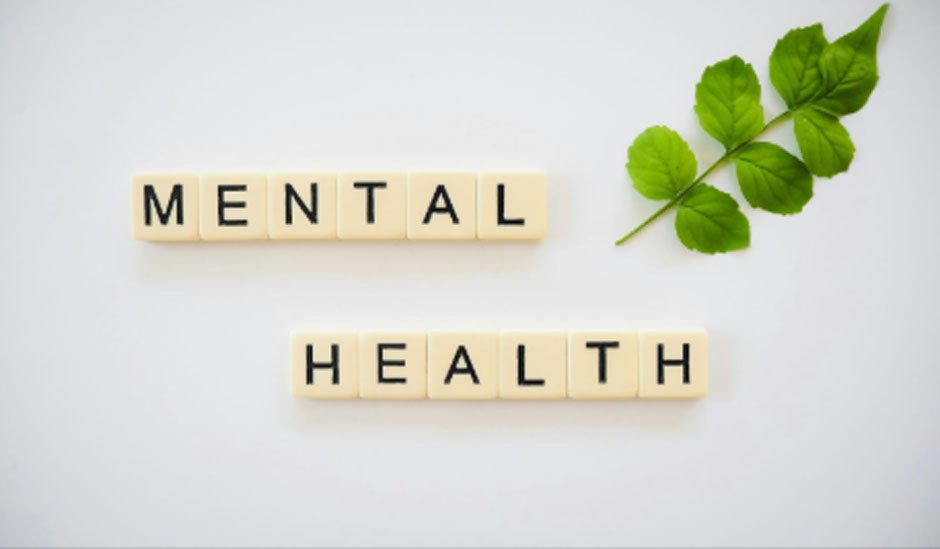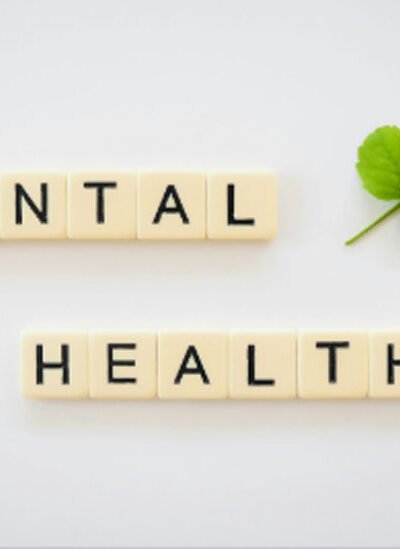 Photo by Total Shape on Unsplash
Photo by Total Shape on Unsplash
Improving mental health requires a holistic approach that acknowledges the interconnectedness of mind, body, and spirit. This means acknowledging that every aspect of your life can affect your mental well-being and quality of life. If you’re looking for practical strategies to efficiently care for your mental health, this guide is for you.
Prioritize Physical Health
Physical health plays a crucial role in mental well-being, and vice versa. The two are deeply connected and significantly influence each other. A healthy body can contribute to a positive mindset, while good mental health can promote healthy habits and improve physical well-being. Hence, you must take care of your body through regular exercise, a balanced diet, and sufficient sleep.
Even for a few minutes every day, make sure you engage in moderate-intensity exercises. Some exercises you can integrate into your daily routine include swimming, walking, dancing, jogging, or even gardening. Whether it’s intense workouts or leisurely activities, select any form of activity that you genuinely enjoy and can sustain long-term.
The foods we eat directly impact mood regulation and brain function. Eating a balanced diet ensures that our bodies receive the essential nutrients for optimal brain health, minimizing the risk of depression, and improving cognitive function.
Eat a balanced diet rich in whole grains, fruits, lean proteins, and vegetables, and limit your intake of processed foods. Consume foods rich in omega-3 fatty acids, as they are crucial for brain health and can potentially reduce the risk of certain mental health conditions. Some excellent sources of omega-3 fatty acids are oily fish such as sardines, herring, and salmon.
Sleep is crucial for mental health. It allows the brain to repair and restore itself, supports healthy cognitive function, and helps regulate emotions. Focus on optimizing your sleep habits to efficiently improve your mental health. Create a sleep schedule you can realistically follow and exert effort to optimize your bedroom, and make it sleep-friendly.
Manage Stress and Anxiety Efficiently
Chronic stress and severe anxiety can significantly increase the risk of developing depression. Individuals struggling with depression often turn to detrimental substances as a way to cope. This can create a dangerous cycle where alcohol or drugs are used to cope with depressive symptoms, but ultimately worsen the condition and increase the risk of addiction.
You must develop effective, sustainable, and healthy strategies to cope with stress and anxiety. Explore practices such as mindfulness, deep breathing exercises, and time management, as these can benefit your mental health.
If you’re experiencing symptoms of depression and are frequently turning to substances such as drugs or alcohol, don’t hesitate to reach out for help. If you live in Naperville and the surrounding areas, check online for resources and support for recovery dedicated to Naperville substance abuse.
Build Strong Connections
Having a trusted network of people whom you can turn to during difficult times can make a significant difference in managing stress, regulating mood, and coping with crises. Positive relationships can contribute to a higher sense of self-worth and confidence, significantly reducing the risk of anxiety and depression.
Take time to foster strong and meaningful connections with family, friends, and support groups. Make an effort to reach out to them, not only during challenging times, but on a regular basis. Choose individuals who inspire you to become a better version of yourself and who can provide you with genuine and non-judgmental support.
Distance yourself from toxic people or those who tend to put you down. If removing them from your life completely is not possible, don’t be afraid to establish boundaries to protect your emotional and mental well-being. Learn the art and beauty of saying no, and focus on maintaining the boundaries you’ve set.
If you have no one nearby to turn to, look for online communities that can provide you with the necessary support. However, remember to do due diligence before engaging with online individuals to ensure that you’re not pouring your heart out to the wrong individuals.
Join social groups, clubs, or organizations that align with your interests. This can help you connect with like-minded individuals and build meaningful friendships. Moreover, consider volunteering, as helping others can boost your mood and give you a sense of purpose.
Reach Out to a Mental Health Professional
If you’re feeling overwhelmed, don’t hesitate to contact a mental health professional. Mental health professionals also provide a safe space for you to discuss your innermost thoughts and feelings. You can talk about things you’re not comfortable sharing with others, even your trusted loved ones.
To find a reputable mental health professional, reach out to your primary physician, as they can offer quality referrals. You can also ask your health insurance company or employer for recommendations.
Endnote
By following these tips, you can strengthen your physical, emotional, and social well-being, ultimately improving your mental health and overall well-being.





Leave a Reply